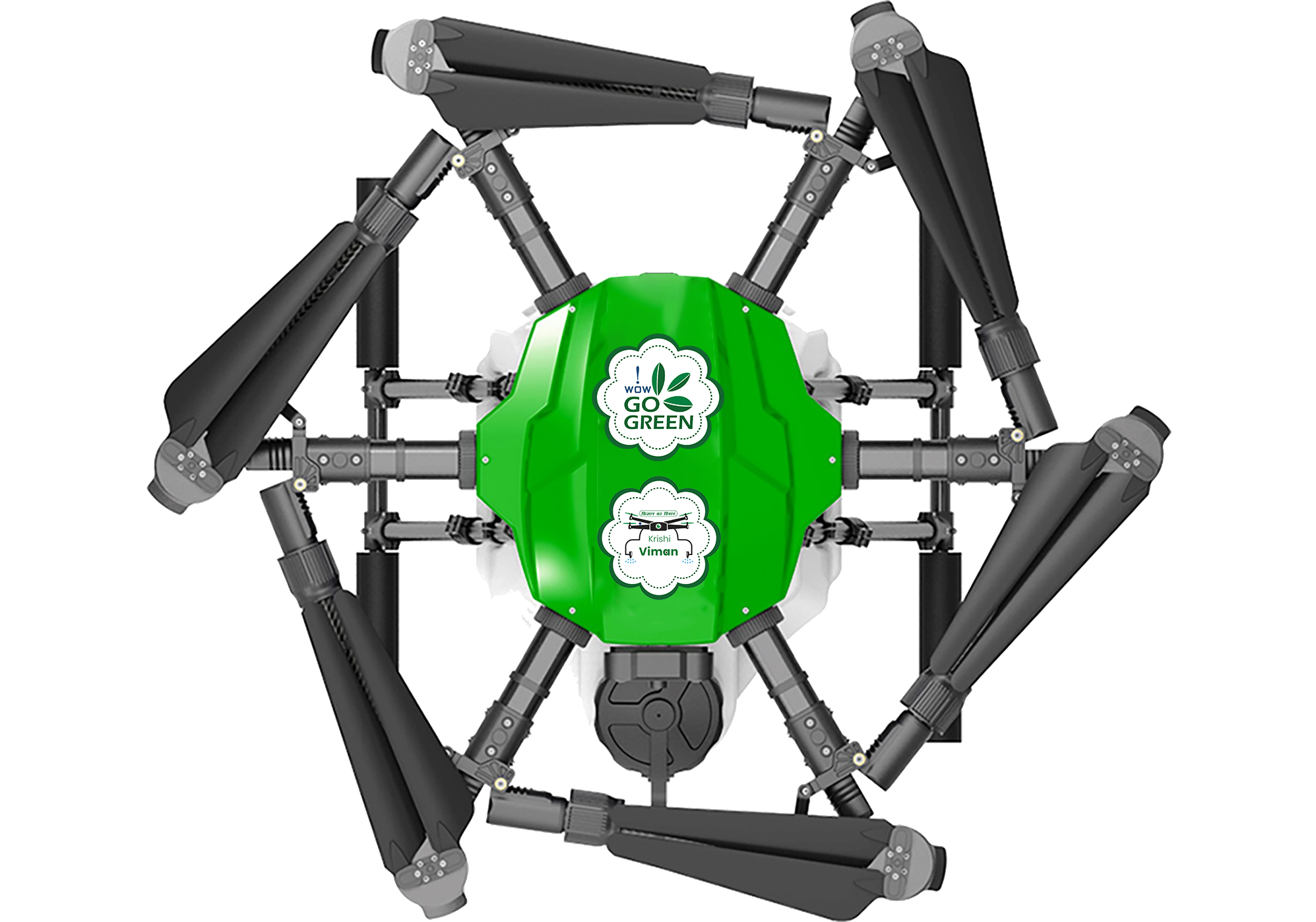Regulatory Landscape: Navigating the Legal Frameworks of Agricultural Drone Usage
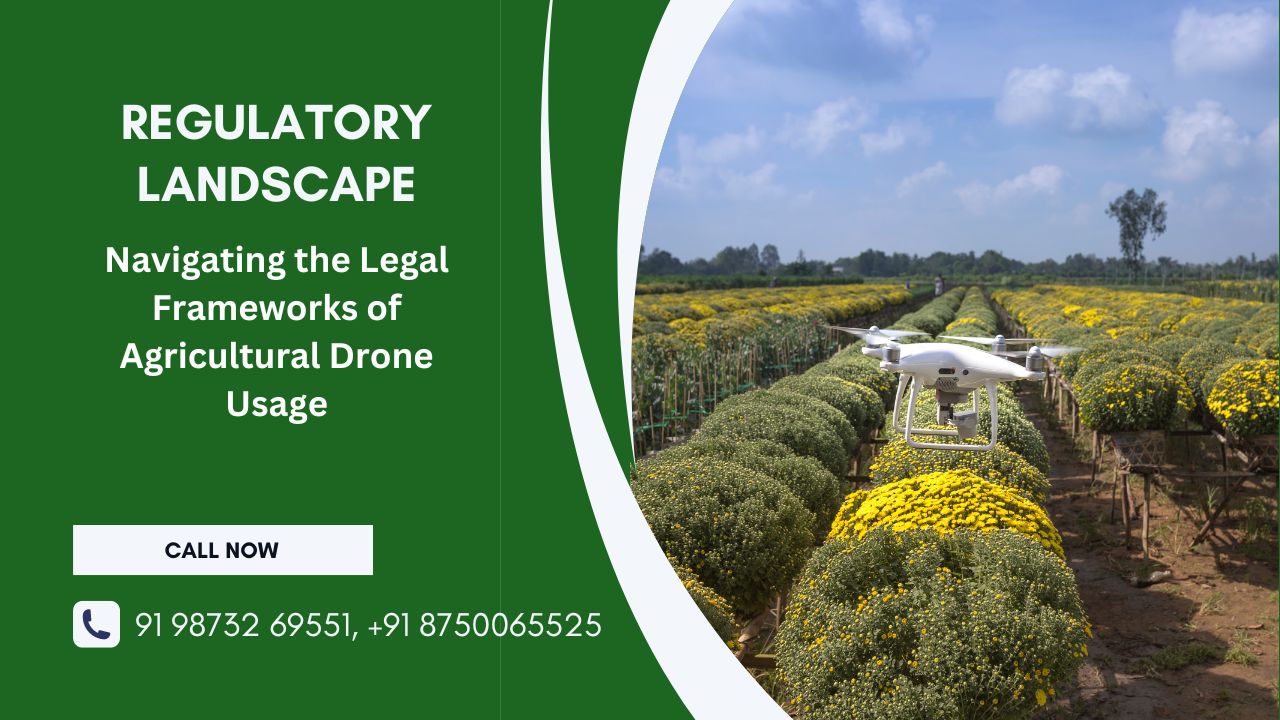
- By: krishiviman /
- 23-04-2024
In recent years, the use of drones in agriculture has gained significant momentum, revolutionizing farming practices and enabling farmers to monitor crops, assess field conditions, and optimize irrigation and pesticide use. However, as with any emerging technology, the regulatory landscape surrounding agricultural drone usage is complex and ever-evolving. Navigating the legal frameworks governing the operation of drones in agriculture requires a comprehensive understanding of the relevant laws and regulations. In this blog post, we will delve into the regulatory landscape of agricultural drone usage, shedding light on the key considerations that farmers and drone operators must take into account.
The Federal Aviation Administration (FAA) plays a pivotal role in regulating the use of drones in the United States. Under current FAA regulations, agricultural drone operators are required to obtain a Remote Pilot Certificate, also known as Part 107 certification, to legally operate drones for commercial purposes. This certification involves passing a knowledge test that covers a range of topics, including airspace regulations, weather effects on drone operations, and the effects of drugs and alcohol on pilots. Additionally, drones must be registered with the FAA, and operators are obligated to adhere to specific flight restrictions and operational guidelines.
Furthermore, agricultural drone operators must navigate the complex web of state and local regulations, which may impose additional requirements or restrictions on drone usage. Some states have enacted laws that address privacy concerns related to drone operations, while others have implemented specific permitting or notification requirements for drone flights. It is essential for drone operators to familiarize themselves with the regulations in their specific geographical area to ensure compliance with all applicable laws.
Another critical aspect of the regulatory landscape pertains to the use of drones for pesticide application. The Environmental Protection Agency (EPA) regulates the use of pesticides in agriculture, and drone operators must comply with EPA-approved pesticide labels and follow established application guidelines. Additionally, the use of drones for spraying pesticides may require specific certifications or licenses, depending on the type of pesticide being applied and the scale of the operation.
As technology continues to advance, regulatory bodies are continuously adapting to accommodate the evolving landscape of agricultural drone usage. The integration of drones into the National Airspace System (NAS) and the potential for beyond visual line of sight (BVLOS) operations are areas of ongoing regulatory development. The FAA is actively engaged in exploring regulatory frameworks to facilitate safe and efficient drone operations in agriculture, with a focus on enabling innovative applications while ensuring the safety and security of the airspace.
In conclusion, navigating the legal frameworks of agricultural drone usage demands a comprehensive understanding of federal, state, and local regulations, as well as compliance with industry-specific requirements. Agricultural drone operators must stay informed about the latest developments in drone regulations and proactively engage with regulatory authorities to ensure compliance with all applicable laws. As the regulatory landscape continues to evolve, collaboration between industry stakeholders and regulatory bodies is essential to foster a conducive environment for the responsible and effective use of drones in agriculture.
In the dynamic and rapidly evolving field of agricultural drone usage, the ability to navigate the regulatory landscape is integral to unlocking the full potential of drone technology in enhancing agricultural productivity and sustainability. By staying abreast of regulatory developments and embracing compliance as a cornerstone of their operations, agricultural drone operators can harness the transformative power of drones to revolutionize farming practices and contribute to the advancement of the agricultural industry.
Ready to revolutionize your farming practices with agricultural drones? Contact us today at +91 98732 69551 or +91 8750065525, or email us at sales@krishiviman.com to learn how Krishiviman can help elevate your agricultural operations.
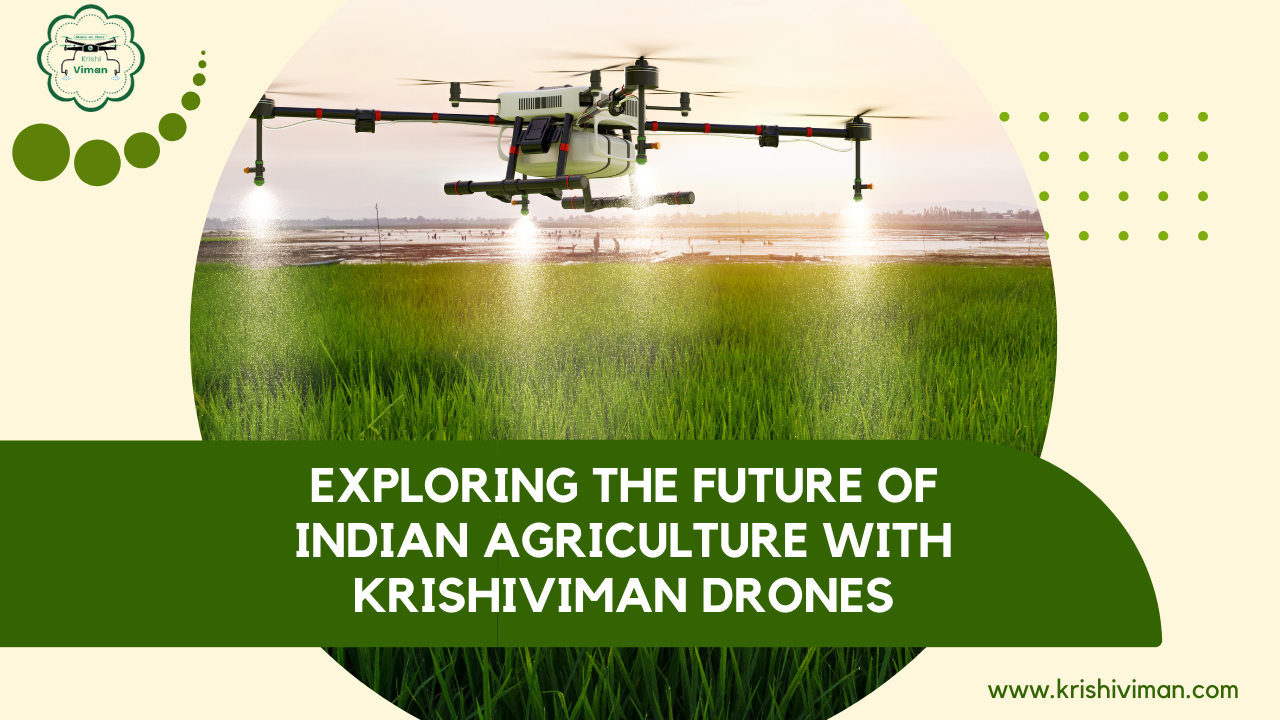
How Drones Could Be the Future of Indian Farming: A Deep Dive into Krishiviman's Innovations
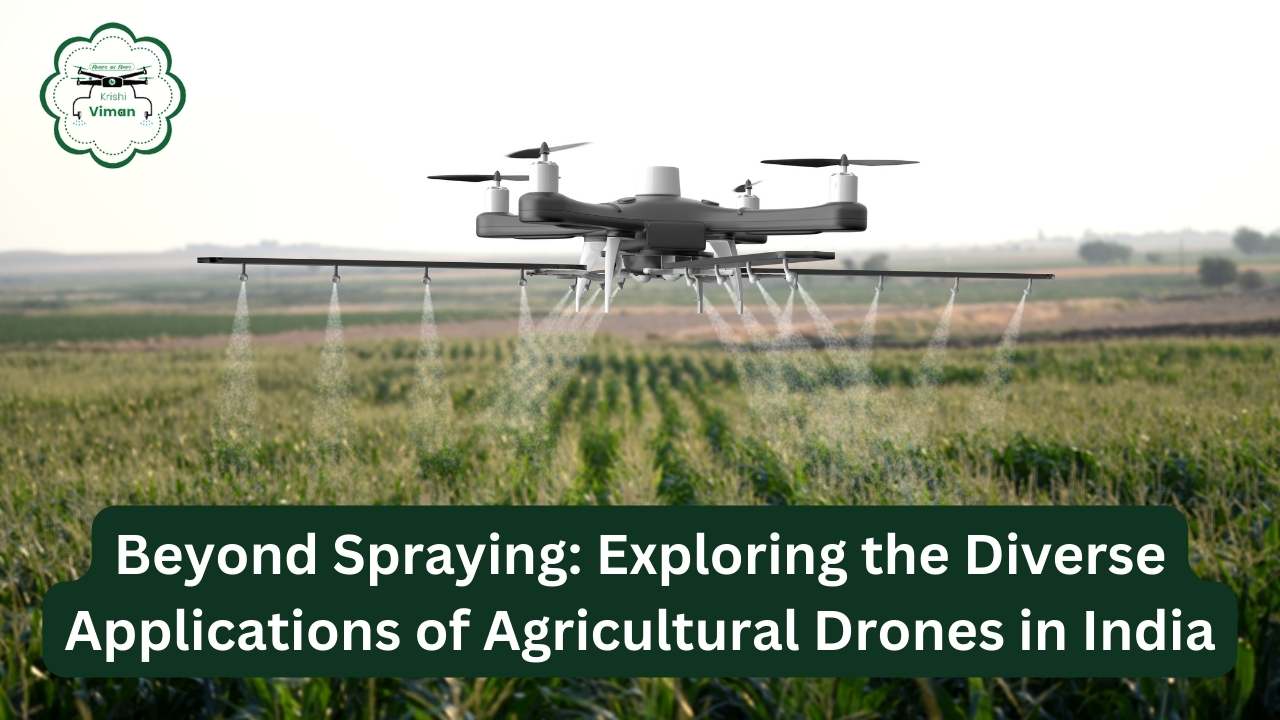
Beyond Spraying: Exploring the Diverse Applications of Agricultural Drones in India
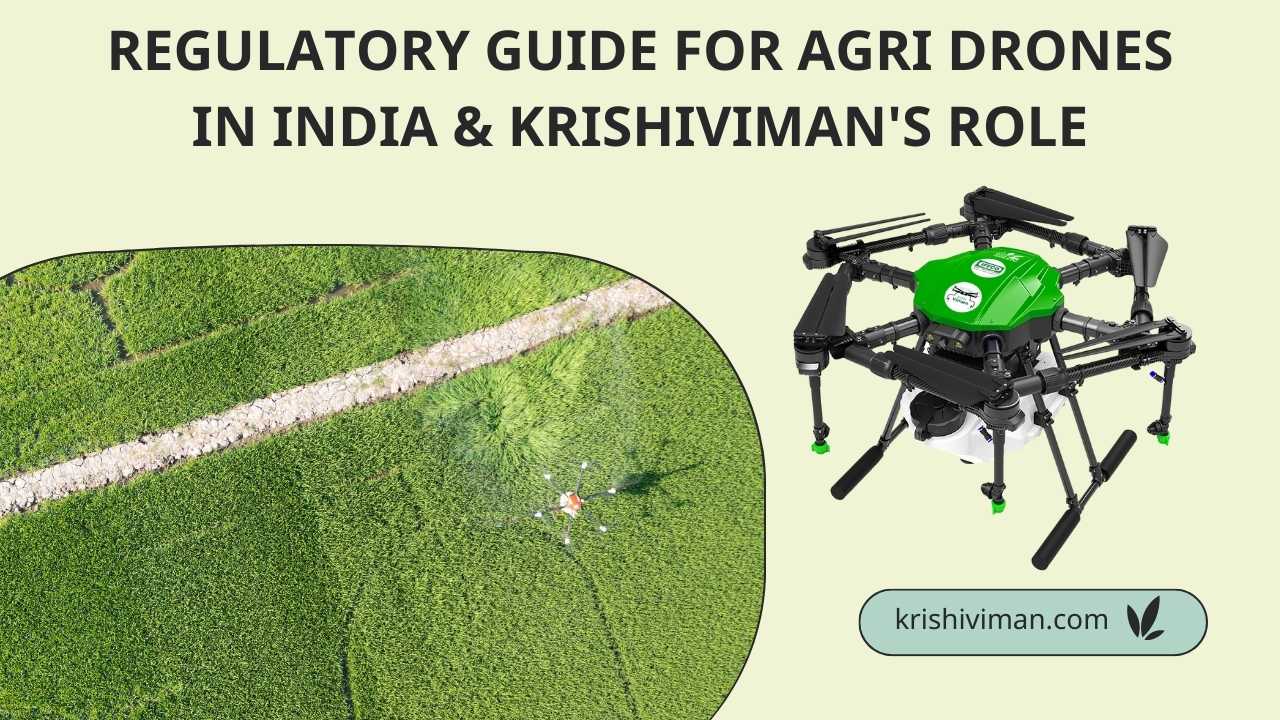
Regulatory Guide for Agri Drones in India & Krishiviman's Role
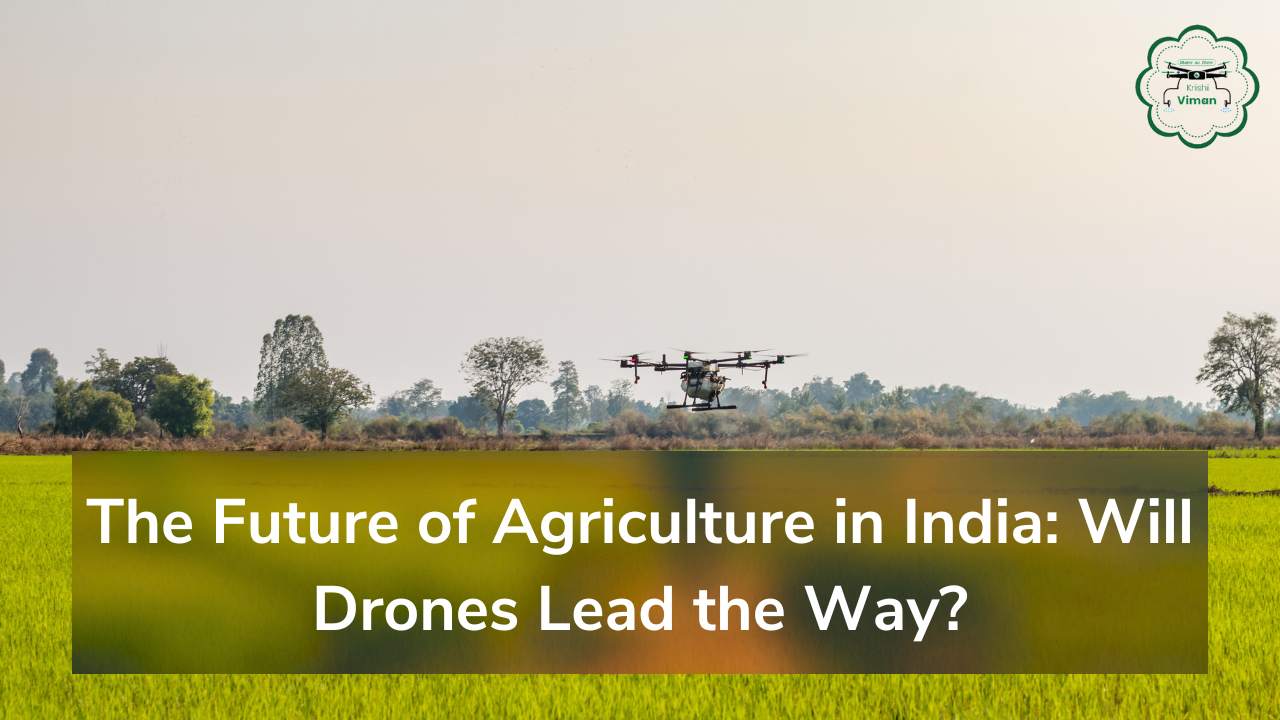
The Future of Agriculture in India: Will Drones Lead the Way?
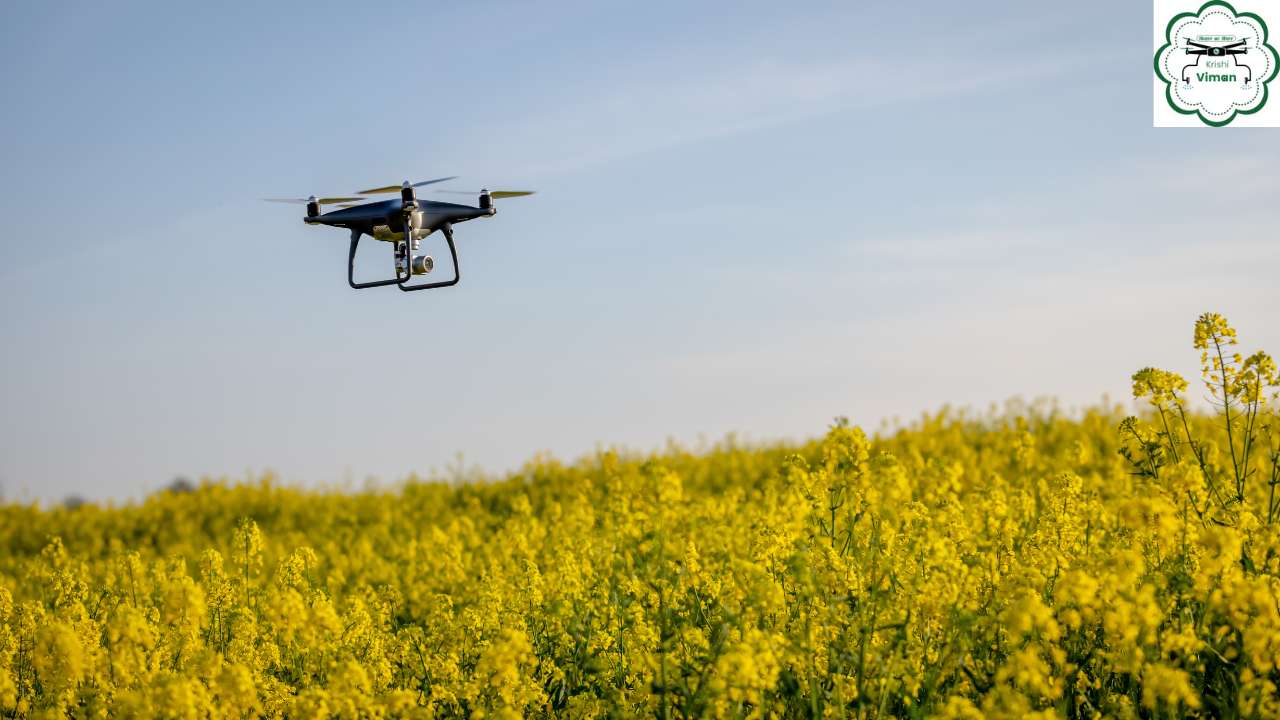
Pioneering Agri Drone Innovation in India Introduction to WOW Go Green LLP
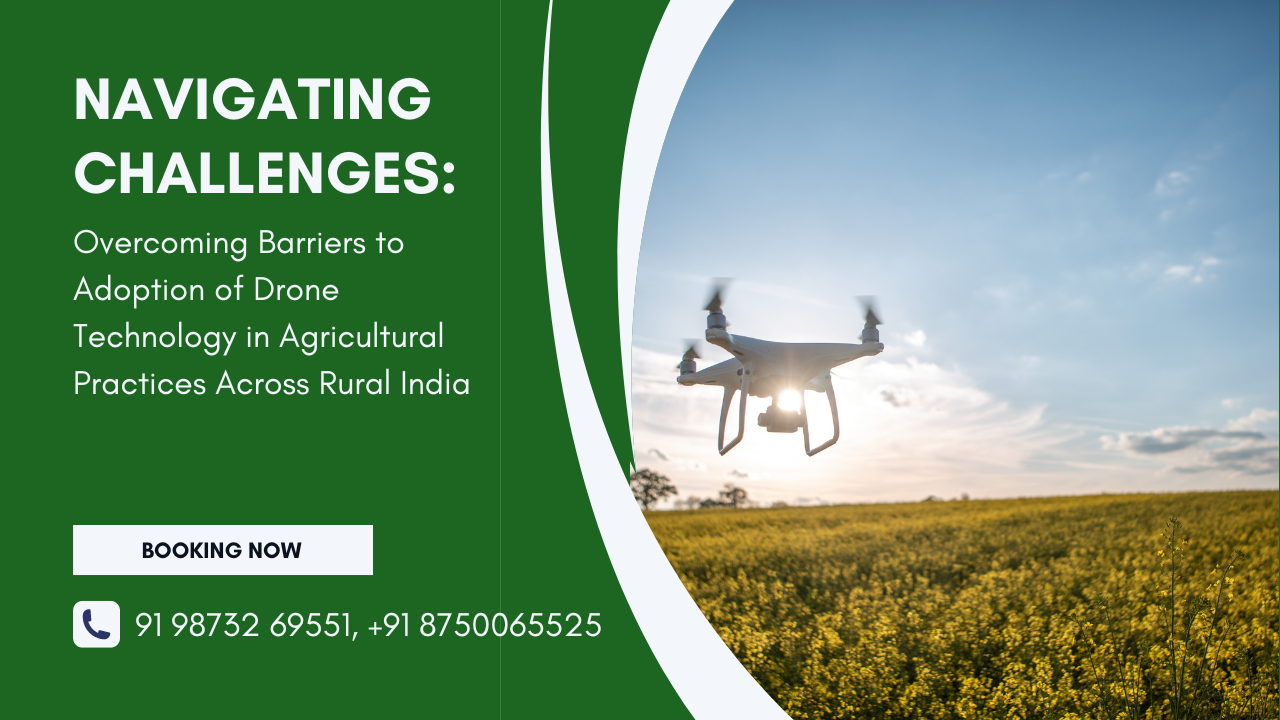
Navigating Challenges: Overcoming Barriers to Adoption of Drone Technology in Agricultural Practices Across Rural India
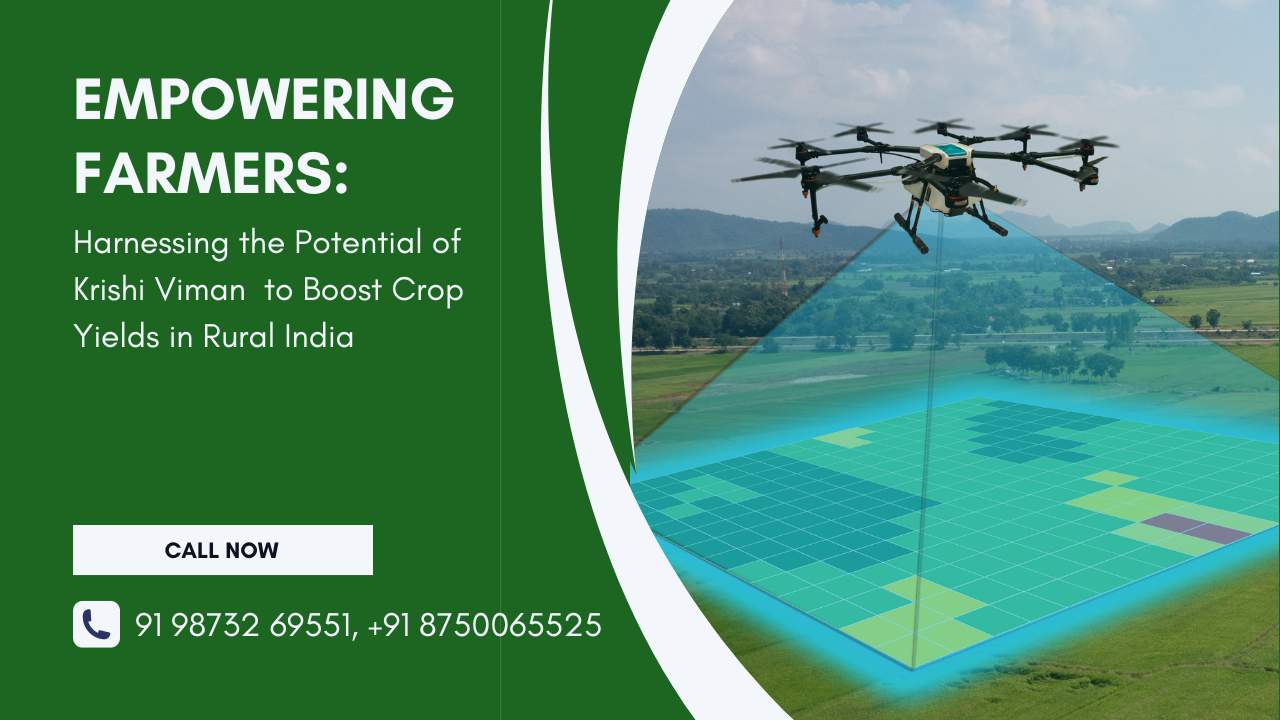
Empowering Farmers: Harnessing the Potential of Krishi Viman to Boost Crop Yields in Rural India
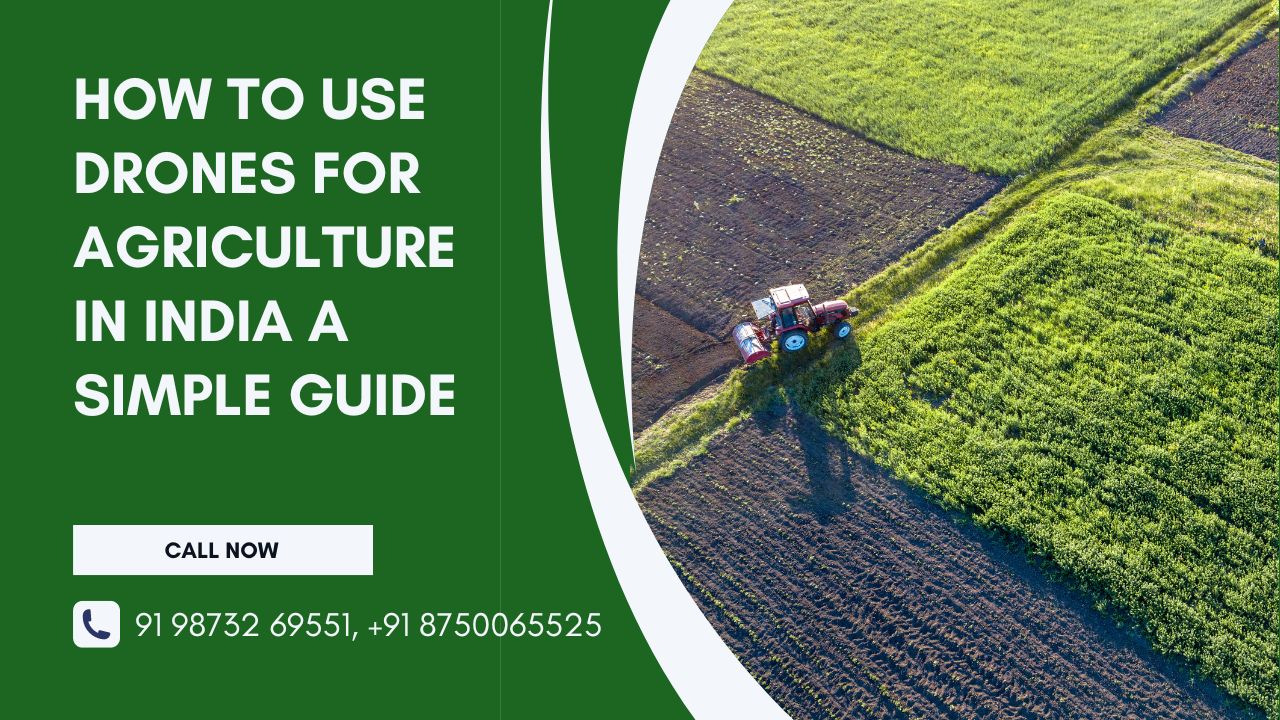
How to Use Drones for Agriculture in India: A Simple Guide
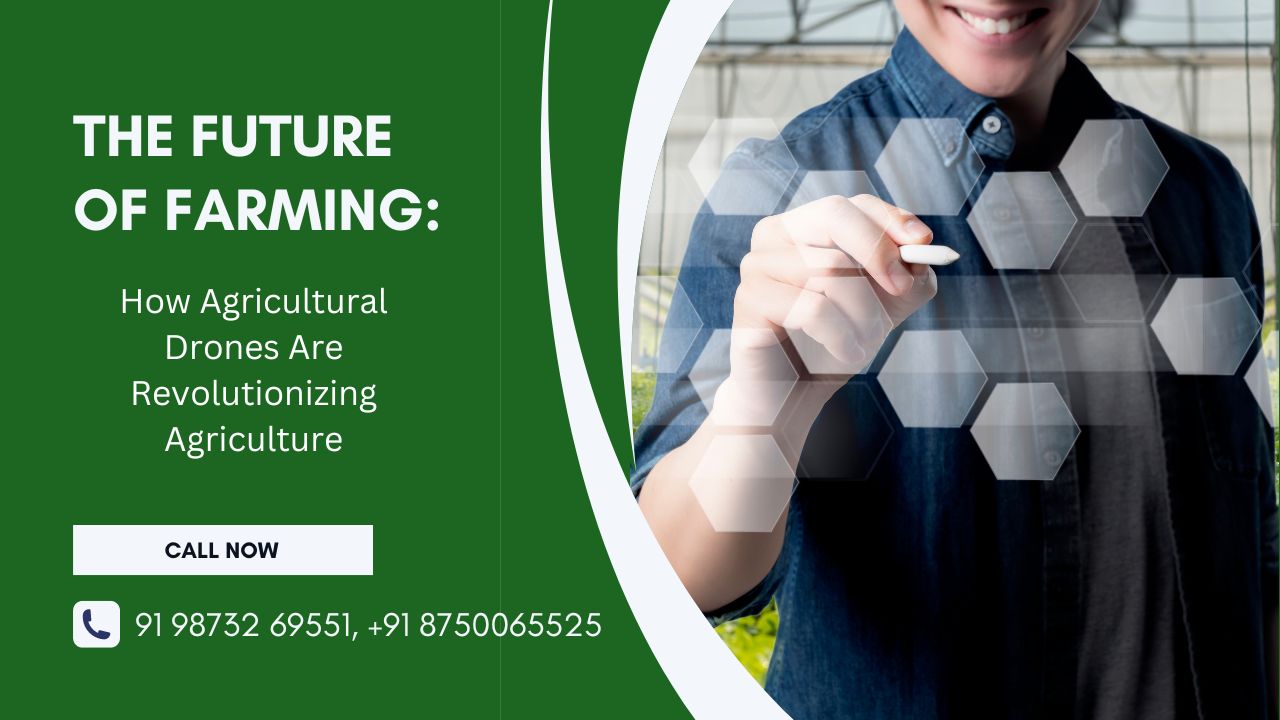
The Future of Farming: How Agricultural Drones Are Revolutionizing Agriculture
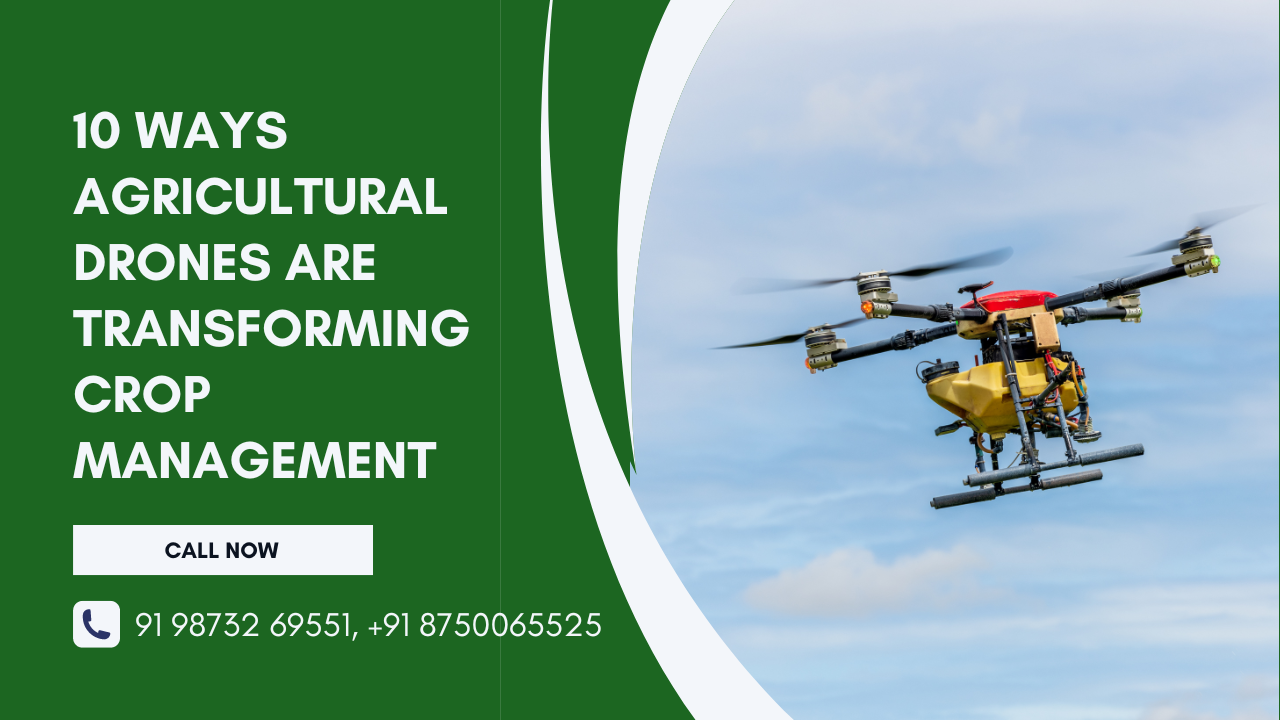
10 Ways Agricultural Drones Are Transforming Crop Management
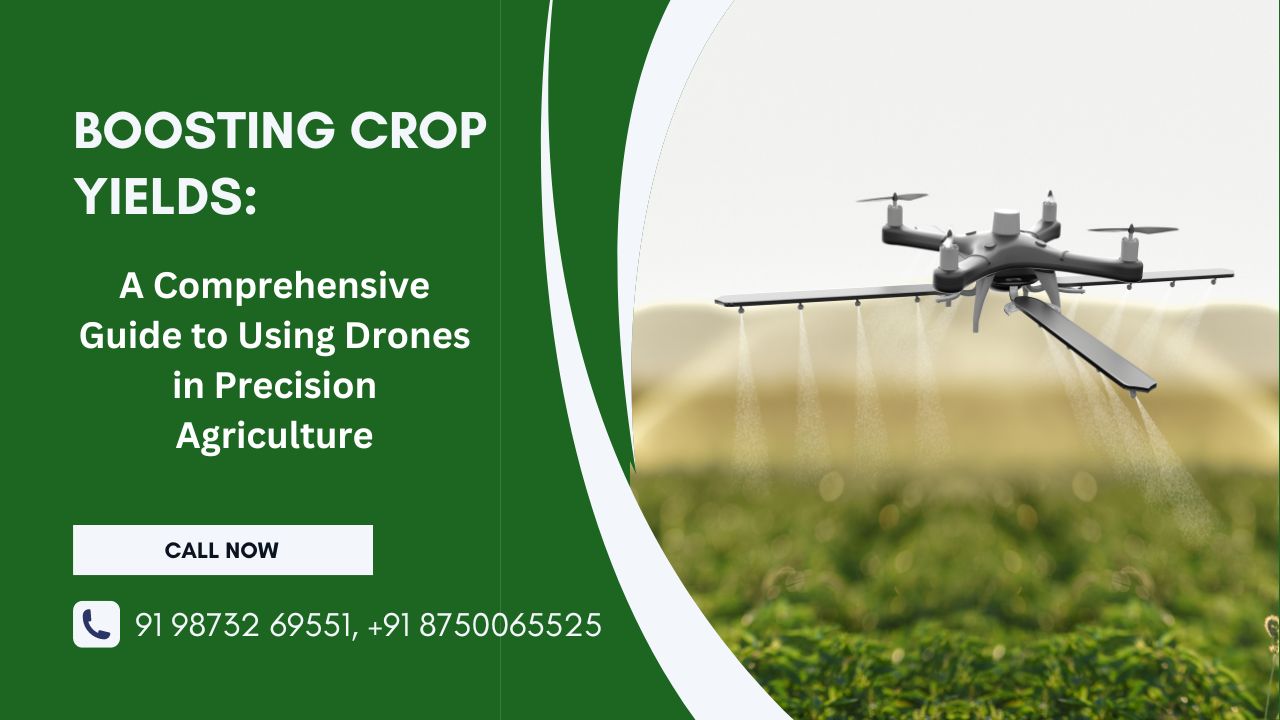
Boosting Crop Yields: A Comprehensive Guide to Using Drones in Precision Agriculture
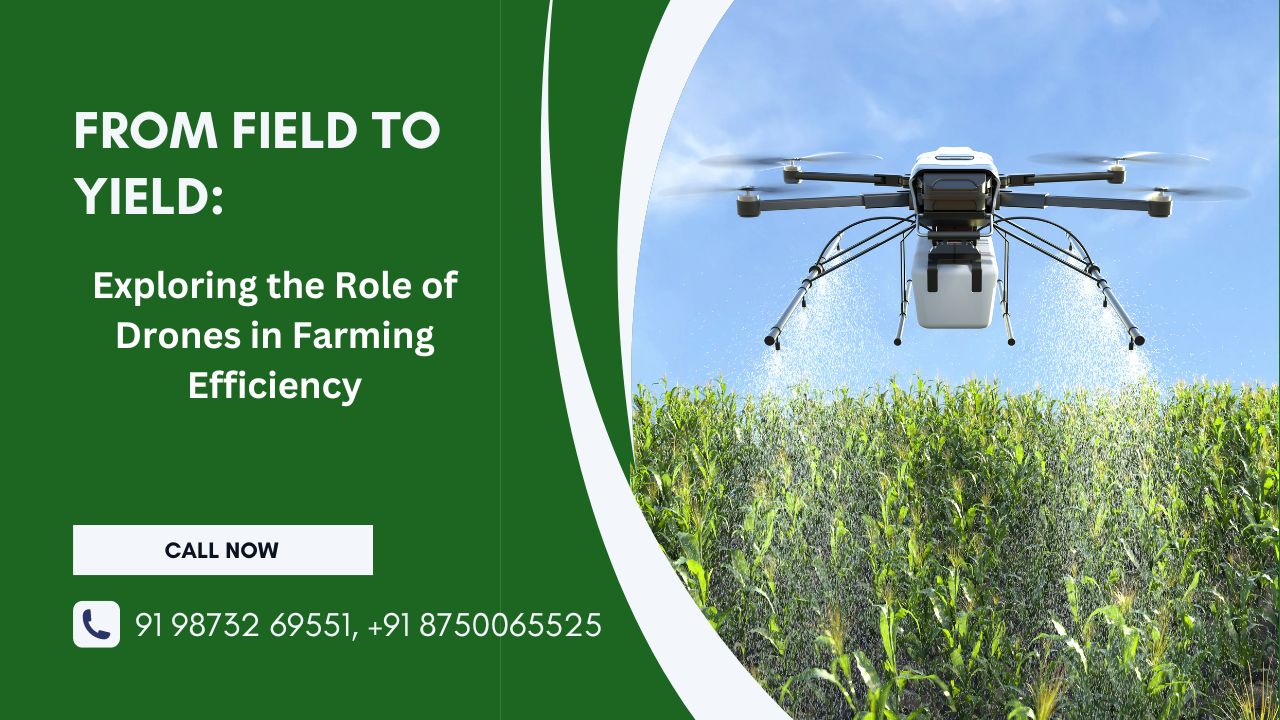
From Field to Yield: Exploring the Role of Drones in Farming Efficiency
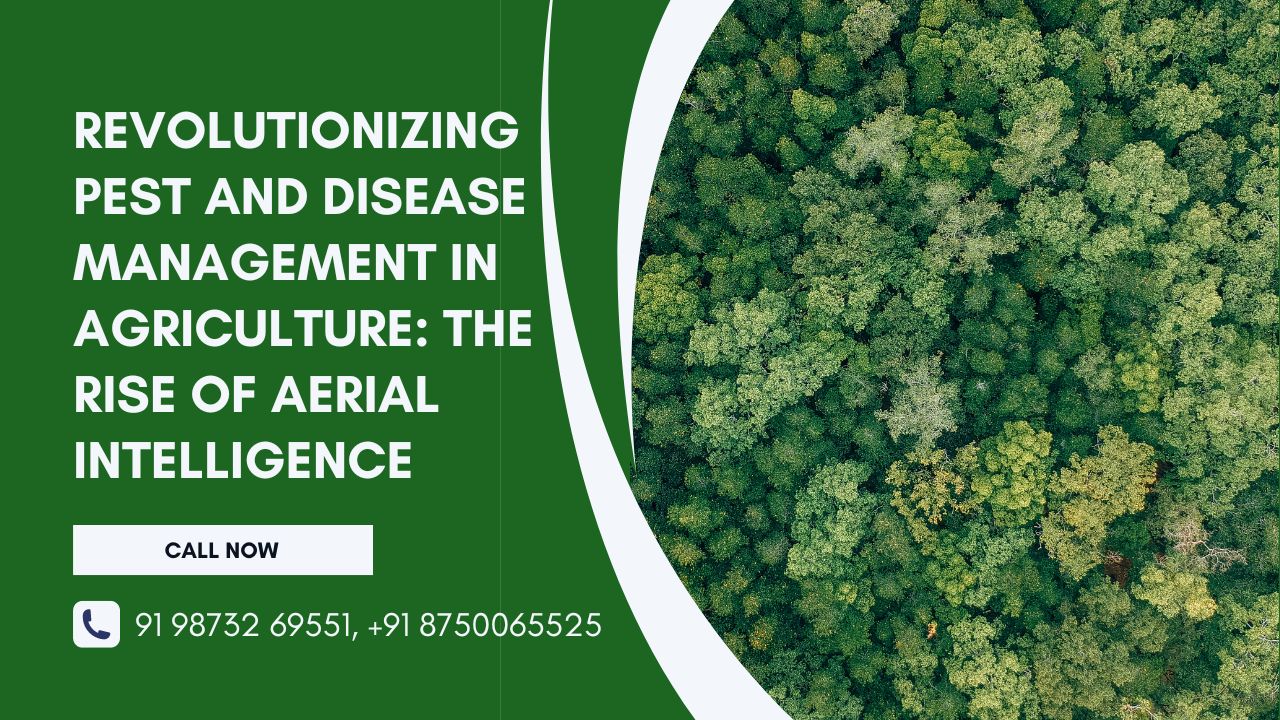
Revolutionizing Pest and Disease Management in Agriculture: The Rise of Aerial Intelligence
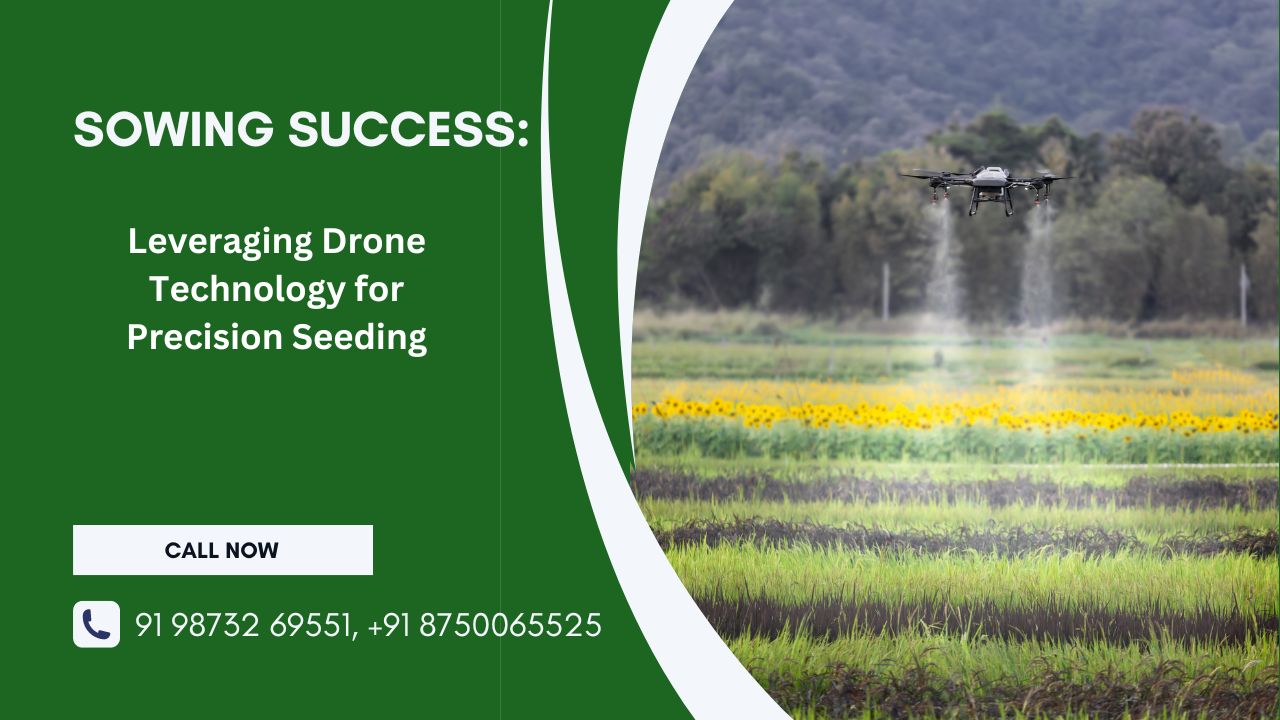
Sowing Success: Leveraging Drone Technology for Precision Seeding
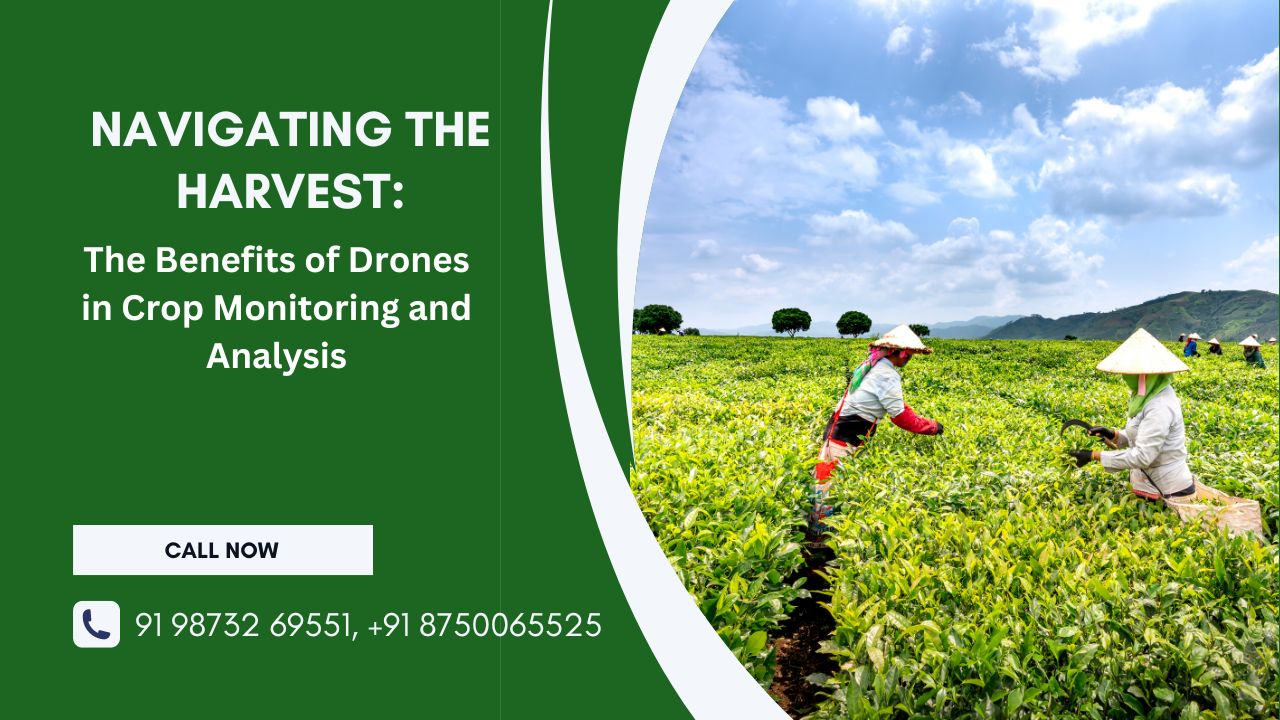
Navigating the Harvest: The Benefits of Drones in Crop Monitoring and Analysis
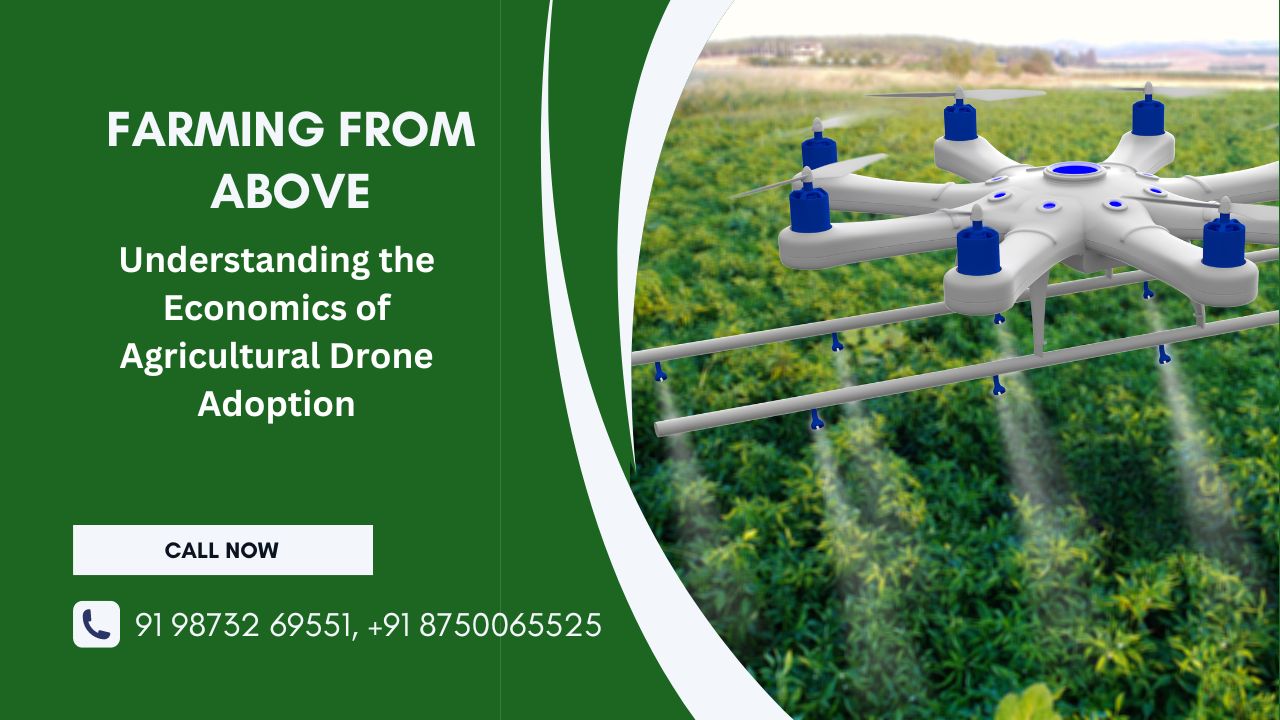
Farming From Above: Understanding the Economics of Agricultural Drone Adoption
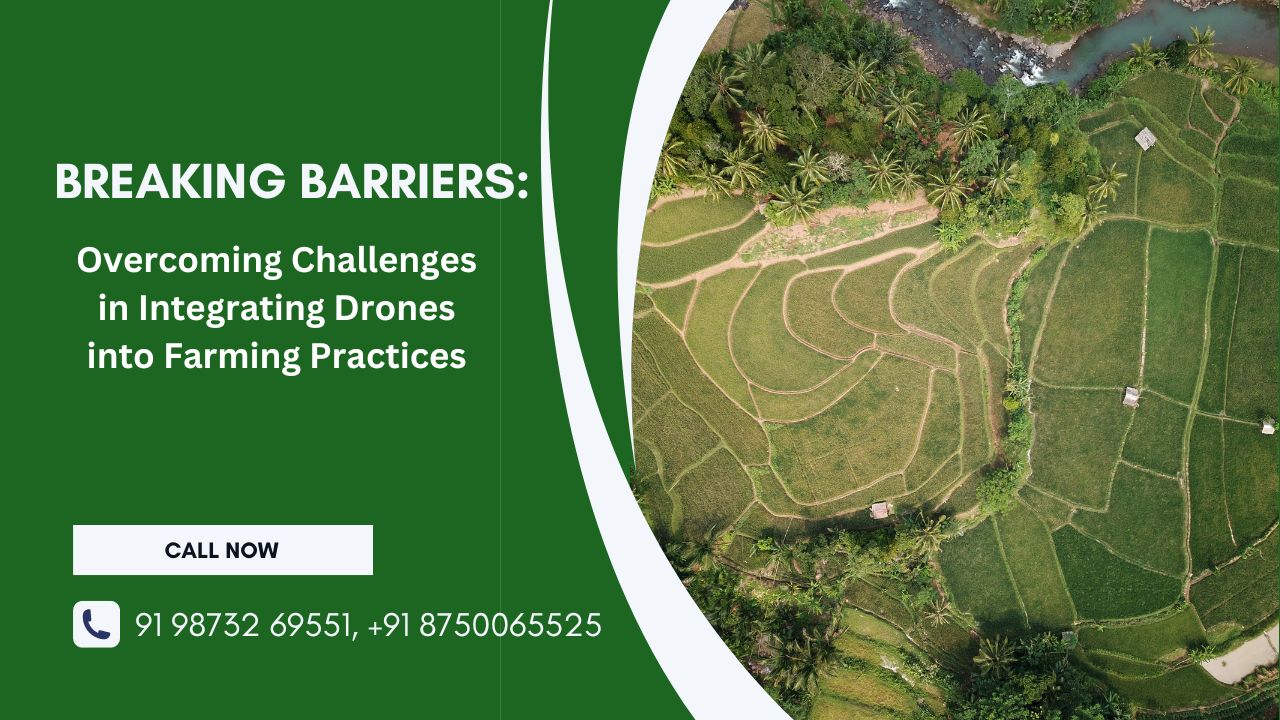
Breaking Barriers: Overcoming Challenges in Integrating Drones into Farming Practices


